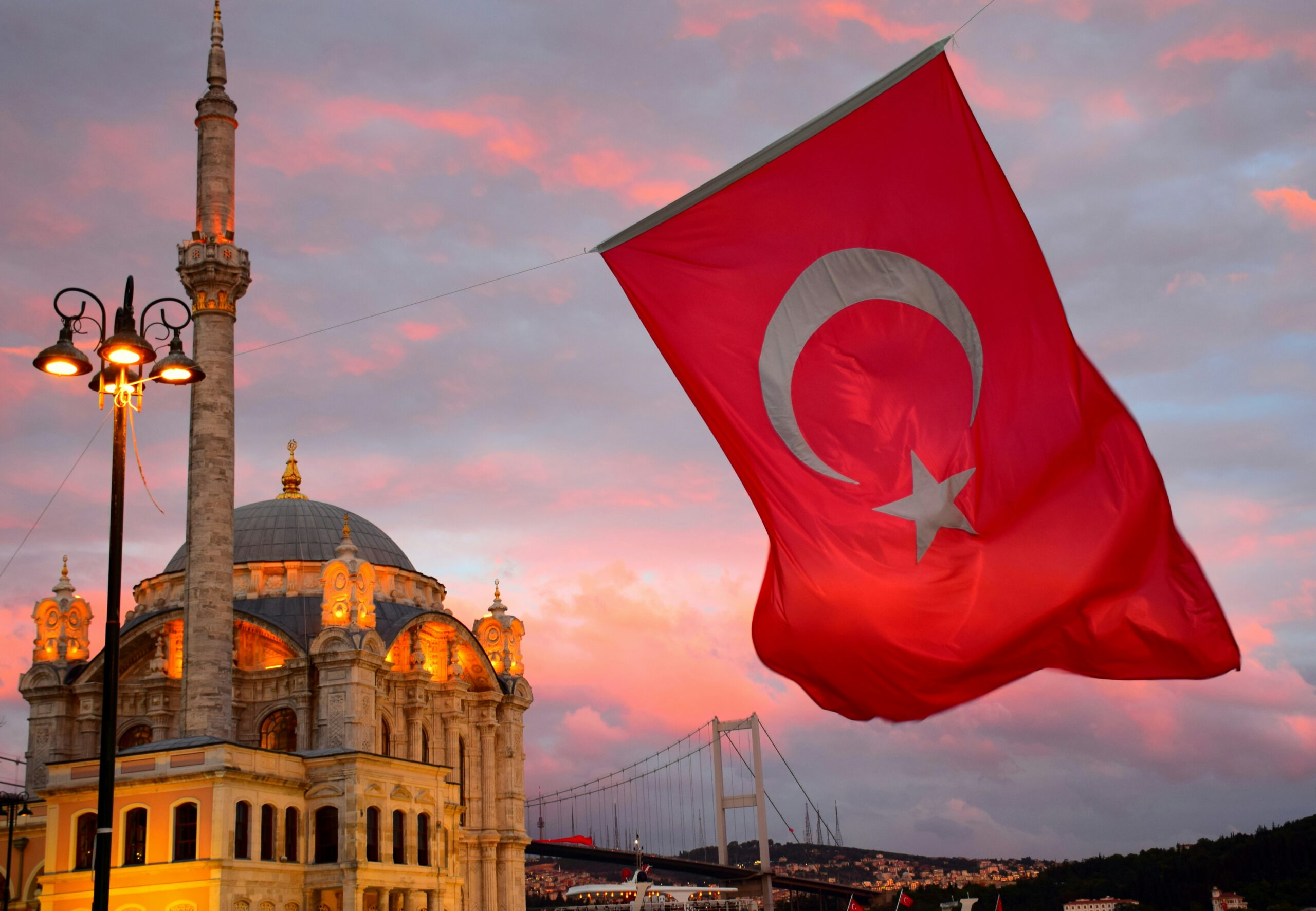By becoming a member of our site, you can add the content you like to your favorites, and present the content you have produced or liked on the internet to our site visitors with the send content option.
Zaten bir üyeliğiniz mevcut mu ? Giriş yapın
By becoming a member of our site, you can add the content you like to your favorites, and present the content you have produced or liked on the internet to our site visitors with the send content option.
You Can Benefit from All Options Exclusive to Our Members by Registering

Next Content:
Latest Trends in Turkey’s Stock Exchange
- Home Page
- #Political
- Geopolitical Impact of Middle East Strategy
Geopolitical Impact of Middle East Strategy

The geopolitical impact of the Middle East strategy is a critical area of analysis for understanding global political dynamics. The Middle East, with its strategic location and abundant natural resources, especially oil and natural gas, plays a pivotal role in international relations. Various global powers, including the United States, Russia, and China, have distinct strategies in the region, each influencing the geopolitical landscape in significant ways.
One of the key aspects of the Middle East strategy is energy security. The Middle East is home to some of the world’s largest oil and gas reserves, making it a focal point for countries seeking to secure stable energy supplies. The control of energy resources and supply routes remains a primary objective for many nations. For instance, the Strait of Hormuz, a vital chokepoint through which a significant portion of the world’s oil passes, is a strategic asset that influences global energy markets and, consequently, international politics.
Military presence and alliances are also central to the geopolitical strategies in the Middle East. The United States has established a network of military bases and strategic partnerships with countries like Saudi Arabia, Israel, and the United Arab Emirates. These alliances are designed to counteract the influence of regional powers such as Iran and non-state actors like ISIS. Similarly, Russia has expanded its military footprint in the region, most notably in Syria, where its support for the Assad regime has significantly altered the balance of power and expanded Russia’s influence.
The political stability of Middle Eastern countries is another critical factor. The region has been marked by ongoing conflicts and uprisings, such as the Syrian Civil War, the Yemen conflict, and the enduring Israeli-Palestinian conflict. These conflicts not only have devastating local impacts but also draw in regional and global powers, leading to proxy wars and shifting alliances. The outcomes of these conflicts significantly impact the regional power dynamics and the broader geopolitical strategies of involved nations.
Economic interests are equally influential in shaping Middle Eastern strategies. Beyond oil, the Middle East is increasingly looking to diversify its economies. Initiatives like Saudi Arabia’s Vision 2030 aim to reduce dependency on oil by investing in sectors like tourism, entertainment, and technology. International powers are keen to invest in and partner with Middle Eastern countries to gain economic footholds, which in turn influences their geopolitical strategies.
Cultural and religious dynamics also play a crucial role. The Middle East is a region with deep historical, cultural, and religious significance. Conflicts often have a sectarian dimension, as seen in the Sunni-Shia divide, which influences the internal politics of countries like Iraq, Lebanon, and Bahrain, and shapes the foreign policies of regional powers like Saudi Arabia and Iran. Global powers must navigate these cultural and religious landscapes carefully to build effective and sustainable alliances.
Diplomatic efforts and negotiations are another aspect of the geopolitical impact. The Iran nuclear deal (JCPOA) is a prime example of how diplomatic negotiations can reshape regional strategies. The deal aimed to curb Iran’s nuclear capabilities in exchange for lifting economic sanctions, influencing the geopolitical calculations of not only Iran but also the US, Europe, and neighboring countries. The withdrawal of the US from the deal under the Trump administration and subsequent attempts to renegotiate under the Biden administration highlight the ongoing complexities and impacts of diplomatic strategies.
In conclusion, the geopolitical impact of the Middle East strategy is multifaceted, involving energy security, military presence, political stability, economic interests, cultural dynamics, and diplomatic efforts. The interplay of these factors makes the Middle East a region of significant strategic importance, with the actions of global powers in the region having far-reaching implications for international relations and global stability. Understanding these dynamics is crucial for comprehending the broader geopolitical landscape and the future of global politics.
We offer our respects and wish you a good reading. – Who Learns What? Team
- On-Site Comments


























